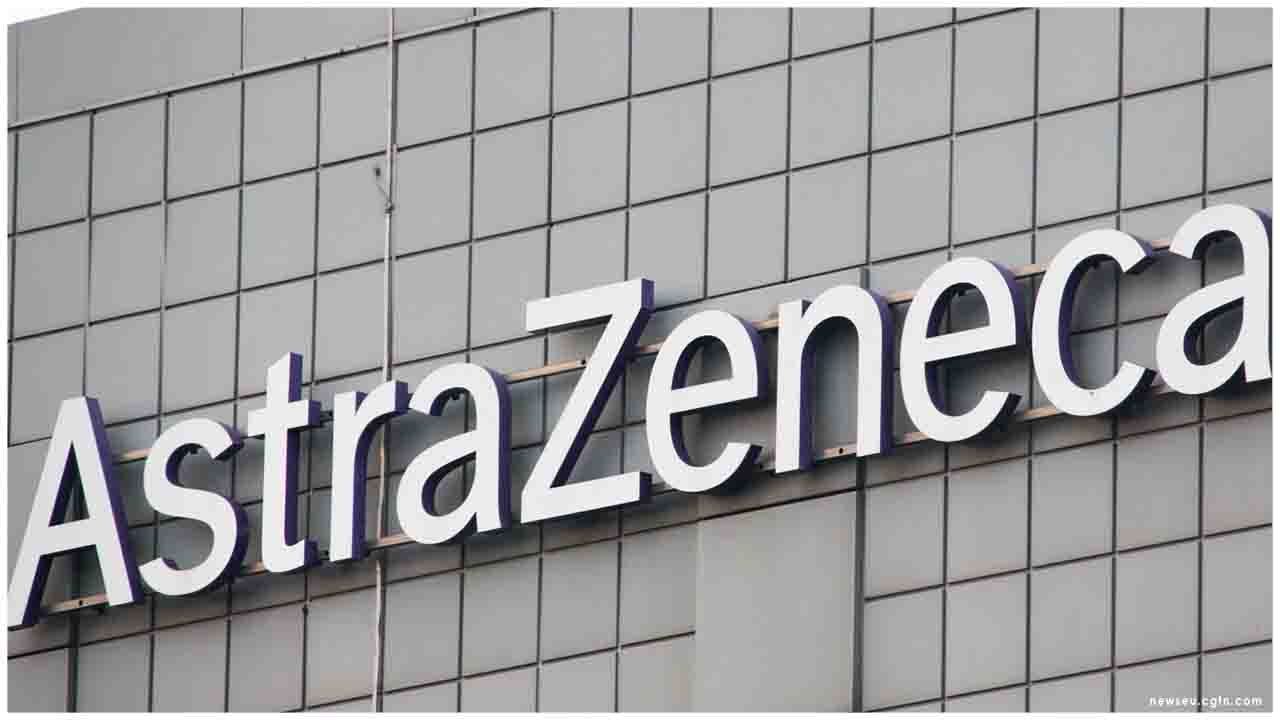AstraZeneca’s Imfinzi (durvalumab) has been approved in the European Union for the 1st-line treatment of adults with extensive-stage small cell lung cancer (ES-SCLC) in combination with a choice of chemotherapies, etoposide plus either carboplatin or cisplatin.
SCLC is a highly aggressive, fast-growing form of lung cancer that typically recurs and progresses rapidly despite initial response to chemotherapy.1,2
The approval by the European Commission was based on positive results from the Phase III CASPIAN trial showing Imfinzi plus chemotherapy demonstrated a statistically significant and clinically meaningful overall survival (OS) benefit for the 1st-line treatment of patients with ES-SCLC. It follows the recommendation for approval by the Committee for Medicinal Products for Human Use of the European Medicines Agency in July 2020.
Luis Paz-Ares MD, Ph.D., Chair, Medical Oncology Department, Hospital Universitario Doce de Octubre, Madrid, Spain and principal investigator in the Phase III CASPIAN trial said: “For the first time, patients with extensive-stage small cell lung cancer in Europe will have the option of an immunotherapy combination with cisplatin, a preferred chemotherapy for many European physicians in this setting. Today’s approval of Imfinzi provides physicians with an important new 1st-line treatment option that provides significant overall survival benefit with a well-tolerated treatment.”
Dave Fredrickson, Executive Vice President, Oncology Business Unit, said: “Imfinzi plus chemotherapy is becoming a new global standard of care for patients with extensive-stage small cell lung cancer, and we are pleased to bring this option to patients in Europe who urgently need it. This is the first immunotherapy regimen to offer both a sustained survival benefit and an improved response rate, as well as a choice of chemotherapies and convenient dosing every four weeks during maintenance.”
The CASPIAN trial met the primary endpoint of OS for Imfinzi plus chemotherapy in June 2019, reducing the risk of death by 27% versus chemotherapy alone (based on a hazard ratio [HR] of 0.73; 95% confidence interval [CI] 0.59-0.91; p=0.0047), with median OS of 13.0 months versus 10.3 months for chemotherapy alone. These results were published in The Lancet in 2019.3 Results also showed an increased confirmed objective response rate for Imfinzi plus chemotherapy (68% versus 58% for chemotherapy alone) and that Imfinzi added to chemotherapy delayed the time for disease symptoms to worsen.
An updated analysis recently showed sustained efficacy for Imfinzi plus chemotherapy after a median follow up of more than two years (OS HR: 0.75; 95% CI 0.62-0.91; nominal p=0.0032), with median OS of 12.9 months versus 10.5 months for chemotherapy alone. The safety and tolerability for Imfinzi plus chemotherapy were consistent with the known safety profile of these medicines. No patients tested positive for treatment-emergent anti-drug antibodies to Imfinzi.
The CASPIAN trial used a fixed dose of Imfinzi (1500mg) administered every three weeks for four cycles while in combination with chemotherapy and then every four weeks until disease progression.
Imfinzi in combination with etoposide and either carboplatin or cisplatin is also approved in the US, Japan and several other countries for the treatment of ES-SCLC in the 1st-line setting and is currently under regulatory review in other countries.
As part of a broad development programme, Imfinzi is also being tested following concurrent chemoradiation therapy in patients with limited-stage SCLC in the Phase III ADRIATIC trial.
Small cell lung cancer
Lung cancer is the leading cause of cancer death among both men and women and accounts for about one fifth of all cancer deaths.4 Lung cancer is broadly split into non-small cell lung cancer (NSCLC) and SCLC, with about 15% classified as SCLC.5 About two thirds of SCLC patients are diagnosed with ES-SCLC, in which the cancer has spread widely through the lung or to other parts of the body.6 Prognosis is particularly poor, as only 6% of all SCLC patients will be alive five years after diagnosis.6
CASPIAN
CASPIAN was a randomised, open-label, multi-centre, global Phase III trial in the 1st-line treatment of 805 patients with ES-SCLC. The trial compared Imfinzi in combination with etoposide and either carboplatin or cisplatin chemotherapy, or Imfinzi and chemotherapy with the addition of a second immunotherapy, tremelimumab, versus chemotherapy alone. In the experimental arms, patients were treated with four cycles of chemotherapy. In comparison, the control arm allowed up to six cycles of chemotherapy and optional prophylactic cranial irradiation. The trial was conducted in more than 200 centres across 23 countries, including the US, in Europe, South America, Asia and the Middle East. The primary endpoint was OS in each of the two experimental arms. In June 2019, AstraZeneca announced the CASPIAN trial had met one primary endpoint of demonstrating OS for Imfinzi plus chemotherapy at a planned interim analysis. In March 2020, it was announced that the second experimental arm with tremelimumab did not meet its primary endpoint of OS.
Imfinzi
Imfinzi is a human monoclonal antibody that binds to PD-L1 and blocks the interaction of PD-L1 with PD-1 and CD80, countering the tumour's immune-evading tactics and releasing the inhibition of immune responses.
Imfinzi is approved in the curative-intent setting of unresectable, Stage III NSCLC after chemoradiation therapy in the US, Japan, China, across the EU and in many other countries, based on results from Phase III PACIFIC trial. Imfinzi is also approved for previously treated patients with advanced bladder cancer in the US and a small number of other countries.
As part of a broad development programme, Imfinzi is also being tested as a monotherapy and in combinations including with tremelimumab, an anti-CTLA4 monoclonal antibody and potential new medicine, as a treatment for patients with NSCLC, SCLC, bladder cancer, head and neck cancer, liver cancer, biliary tract cancer, cervical cancer, ovarian cancer, endometrial cancer and other solid tumours.

 After Japan, EU approves AstraZeneca Imfinzi , along with chemotherapy it could treat small cell lung cancer
After Japan, EU approves AstraZeneca Imfinzi , along with chemotherapy it could treat small cell lung cancer










.jpeg)







.jpg)




.jpg)





.jpeg)